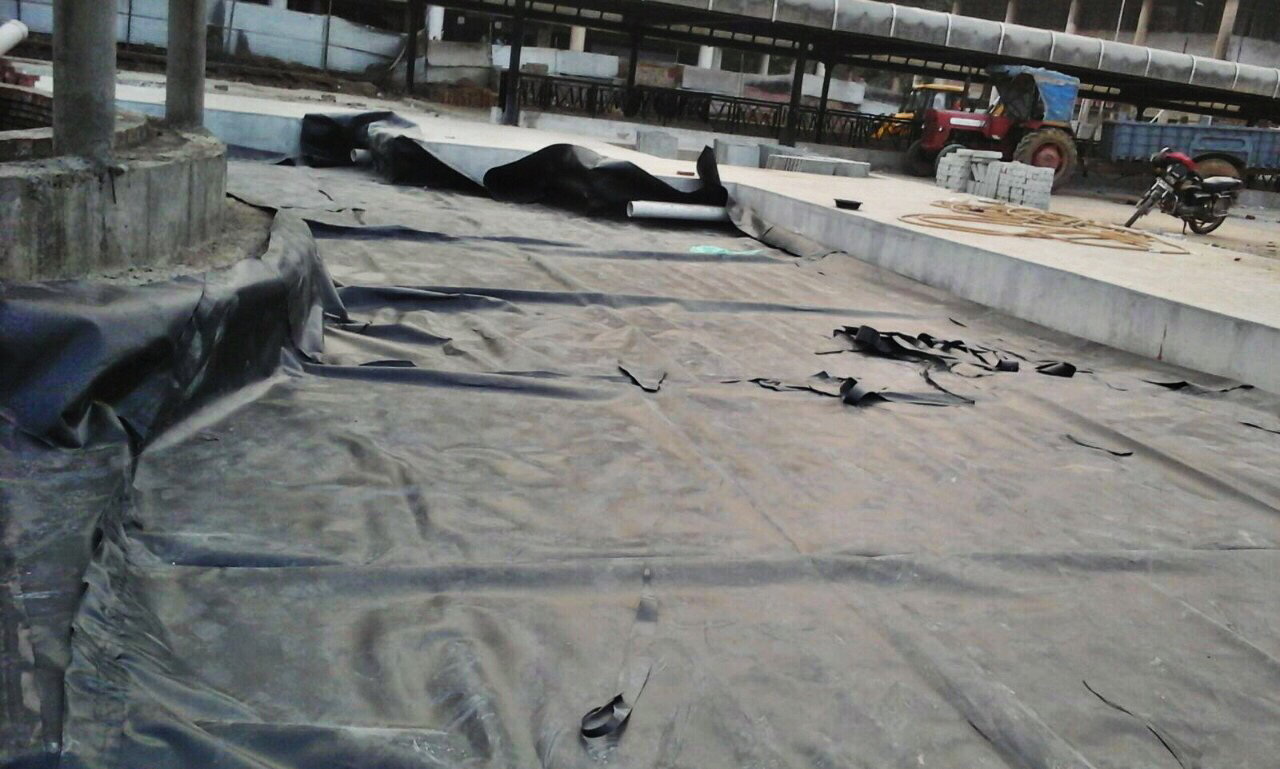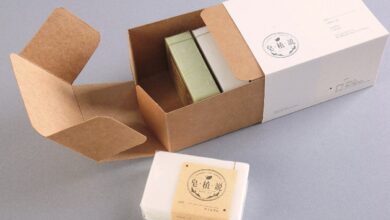HDPE (High-Density Polyethylene) sheets are revolutionizing industries with their versatility, durability, and wide range of applications. From construction to agriculture, packaging to industrial manufacturing, HDPE sheets have become indispensable in modern engineering and manufacturing processes. Join us as we delve into the world of HDPE sheets, uncovering their properties, applications, and the countless benefits they offer.
Understanding HDPE Sheets
HDPE sheets are engineered from high-density polyethylene, a thermoplastic polymer renowned for its exceptional strength, flexibility, and chemical resistance. These sheets are manufactured through a process of polymerization of ethylene under high pressure, resulting in a material with a unique molecular structure that imparts remarkable properties. HDPE sheets are available in various thicknesses, sizes, and colors to suit a wide range of applications.
Properties of HDPE Sheets
- Strength: HDPE sheets boast impressive tensile strength, making them capable of withstanding heavy loads and extreme conditions without deformation.
- Flexibility: Despite their strength, HDPE sheets are flexible and pliable, allowing for easy fabrication, bending, and shaping to meet specific project requirements.
- Chemical Resistance: HDPE is highly resistant to a wide range of chemicals, acids, and solvents, making it ideal for applications where exposure to corrosive substances is common.
- Weather Resistance: HDPE sheets exhibit excellent resistance to UV radiation, moisture, and extreme temperatures, ensuring long-term performance in outdoor environments.
- Non-Toxicity: HDPE is a safe and non-toxic material, making it suitable for applications where contact with food, water, or pharmaceuticals is required.
- Recyclability: One of the most significant advantages of HDPE is its recyclability, allowing for sustainable practices and environmental conservation efforts.
Applications of HDPE Sheets
The versatility of HDPE sheets lends itself to a myriad of applications across diverse industries. Let’s explore some of the most common uses:
Construction
In the construction sector, HDPE sheets are used for a wide range of applications, including geomembrane liners, pond liners, geotextiles, sound barriers, and insulating panels. Their durability, flexibility, and resistance to chemicals and weathering make them ideal for projects such as landfill lining, tunnel waterproofing, foundation protection, roofing membranes, and road construction.
Agriculture
HDPE sheets play a crucial role in agriculture, where they are utilized for applications such as greenhouse construction, irrigation systems, pond lining, crop protection, and animal waste containment. Their ability to resist chemicals, UV radiation, and harsh weather conditions makes them suitable for use in agricultural settings requiring water containment, soil stabilization, weed control, and livestock management.
Packaging
In the packaging industry, HDPE sheets are used for the production of plastic containers, bottles, crates, packaging films, shopping bags, and shipping pallets. Their lightweight yet durable nature makes them ideal for transport packaging, product protection, and shelf-life extension in industries such as food and beverage, pharmaceuticals, cosmetics, and consumer goods.
Industrial Manufacturing
HDPE sheets find extensive use in industrial manufacturing processes, including machine guards, chemical storage tanks, conveyor belts, material handling equipment, industrial flooring, and equipment enclosures. Their resilience, chemical resistance, and ease of fabrication make them ideal for use in demanding environments such as chemical processing plants, manufacturing facilities, warehouses, and distribution centers.
Marine and Aquaculture
HDPE sheets are widely used in marine and aquaculture applications for boat components, dock fenders, fish cages, marine structures, sea barriers, fish hatcheries, oyster farming, and coastal erosion control. Their ability to withstand saltwater environments, resist corrosion, and provide durable containment solutions makes them indispensable for maintaining marine ecosystems, protecting coastal infrastructure, and supporting aquaculture operations.
Sustainability
One of the most significant advantages of HDPE sheets is their sustainability. HDPE is a recyclable material, meaning that used sheets can be melted down and reprocessed into new products, reducing waste and conserving natural resources. Additionally, HDPE production requires less energy compared to other materials like metal or glass, further reducing its environmental footprint. By choosing HDPE sheets, businesses can contribute to a more sustainable future while meeting their operational needs.
Cost-Effectiveness
HDPE sheets offer excellent value for money due to their durability and longevity. Unlike some other materials that may require frequent replacement or maintenance, HDPE sheets are known for their resistance to corrosion, rot, and degradation, ensuring a long service life with minimal upkeep. Additionally, the lightweight nature of HDPE makes it easier and more cost-effective to transport and install, saving both time and money during construction or manufacturing processes.
Versatility
HDPE sheets are incredibly versatile, making them suitable for a wide range of applications across various industries. Whether it’s lining a landfill, protecting crops in agriculture, or packaging products for distribution, HDPE sheets can be adapted to meet specific project requirements. Their compatibility with different fabrication techniques, such as welding, thermoforming, and machining, allows for endless customization possibilities, making HDPE an ideal choice for innovative and creative projects.
Safety
Safety is paramount in any industry, and HDPE sheets offer several features that contribute to a safer working environment. HDPE is a non-toxic material that does not leach harmful chemicals or contaminants, making it safe for use in applications involving food, water, or pharmaceuticals. Additionally, HDPE sheets are resistant to fire, making them suitable for use in environments where fire safety is a concern. By choosing HDPE sheets, businesses can prioritize the health and safety of their employees and customers.
Future Trends in HDPE Technology
Looking ahead, the future of HDPE technology is filled with exciting possibilities and innovations. Some emerging trends to watch in the world of HDPE include:
- Bio-Based HDPE: Researchers are exploring the development of bio-based HDPE derived from renewable sources such as sugarcane or corn. Bio-based HDPE offers the same performance properties as traditional HDPE while reducing reliance on fossil fuels and lowering carbon emissions.
- Nanotechnology Integration: By incorporating nanomaterials into HDPE formulations, manufacturers can enhance properties such as strength, conductivity, and barrier performance. Nanotechnology integration opens up new opportunities for applications in electronics, healthcare, and packaging.
- Smart HDPE: The integration of sensors and monitoring technology into HDPE products allows for real-time tracking of key parameters such as temperature, pressure, and structural integrity. Smart HDPE enables predictive maintenance and early detection of potential issues, enhancing safety and efficiency in various applications.
Conclusion
In conclusion, HDPE sheets are versatile, durable, and sustainable materials that have revolutionized numerous industries and applications. From construction and agriculture to packaging and industrial manufacturing, the benefits of HDPE sheets are undeniable. As industries continue to innovate and evolve, HDPE will remain at the forefront, providing reliable solutions for the challenges of the modern world.







